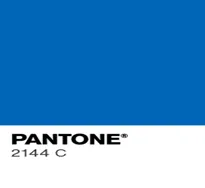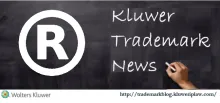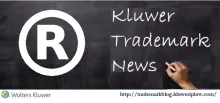Latest
Articles
Enjoy new articles covering various topics every day. If you would like to join our authors and gain recognition in a legal world contact Editorial Guidelines.
August 11, 2025
August 7, 2025
August 1, 2025
June 30, 2025













EDITOR
EDITOR